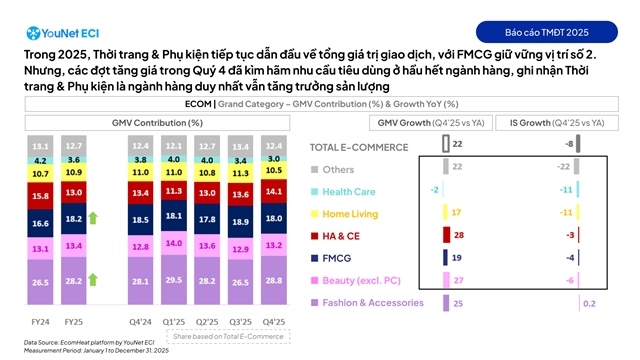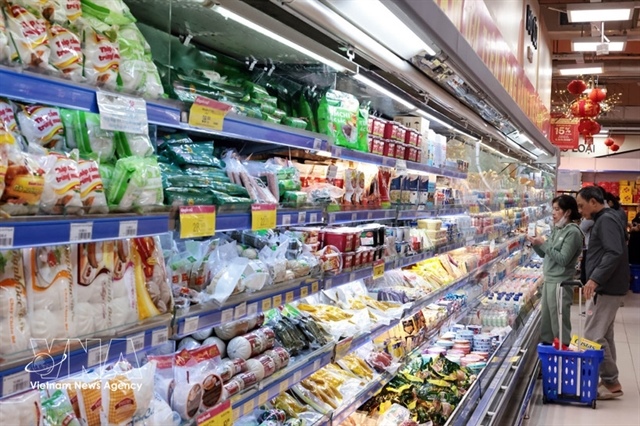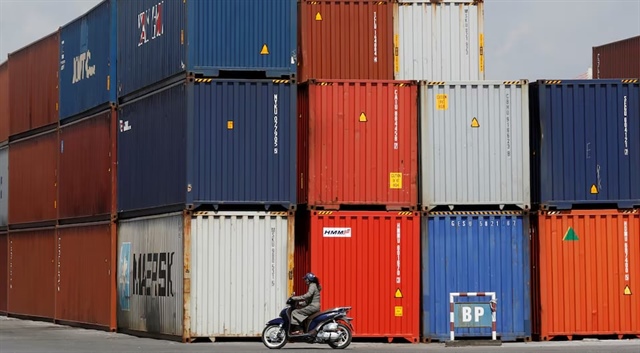Vietnam outpaces ASEAN neighbours in productivity growth : ICAEW
Vietnam outpaces ASEAN neighbours in productivity growth : ICAEW
The Institute of Chartered Accountants in England and Wales just released its latest Economic Insight report which shows that Vietnam’s productivity boom of 184 per cent from 1991 to 2012 and a rise in skilled workers have helped the nation’s transition to a manufacturing-based economy.

The Economic Insight: South East Asia report is produced by the Centre for Economics and Business Research Ltd (Cebr), ICAEW’s partner and economic forecaster.
Commissioned by ICAEW, the report provides its 144,000 members with a current snapshot of the region’s economic performance. It undertakes a quarterly review of South East Asian economies, with a focus on Indonesia, Malaysia, the Philippines, Singapore, Thailand and Vietnam.
“ASEAN governments have implemented a variety of strategies to raise their national output in order to cope with global challenges.
“These mainly lie in raising labour productivity or increasing the of the labour force,” said Charles Davis, ICAEW economic advisor and Cebr director
“In terms of productivity, Vietnam has achieved remarkable growth of over 184 per cent from 1991 to 2012, improving more than already productive members like Singapore and Malaysia.
Many technology multinationals have moved production to Vietnam. Maintaining a low base cost is now key for the country to ensuring a steady inflow of investments,” Charles added.
As wages start to rise and skills improve, the next step for Vietnam will be to move up the value chain and develop requisite skills such as in engineering, science and programming, the report pointed out.
It also spells the need for Vietnam to come up with greater reform in higher education – an important determinant of productivity after a certain threshold is reach.
According to Mark Billington, regional director, ICAEW South East Asia, the increase in the ratio of skilled to unskilled jobs between 2001 and 2012 was the highest in Vietnam at 76 per cent across ASEAN.
“Vietnam has achieved a higher literacy and numeracy rate than peers with similar incomes. But this was not economically exploited as trade remained largely closed and a mismatch between the skills and needs of the economy emerged,” said Billington.
“Universities, which provide the technical skills needed to move from assembly to production stages of the value chain remain underdeveloped. Greater investment in higher education and skills training are important areas to look into as Vietnam continues its transition from an agrarian to manufacturing-based economy,” he commented.
The report shows that long-term planning and investment now pivotal to ASEAN’s ability to improve future performance and prepare itself for a shift to domestic consumption-led growth in the coming years.
The region now must embark on developing the skills that can replace commodities as sources of export earnings.
UK-based ICAEW is a world leading professional membership organisation that promotes, develops and supports over 144,000 chartered accountants worldwide.




















